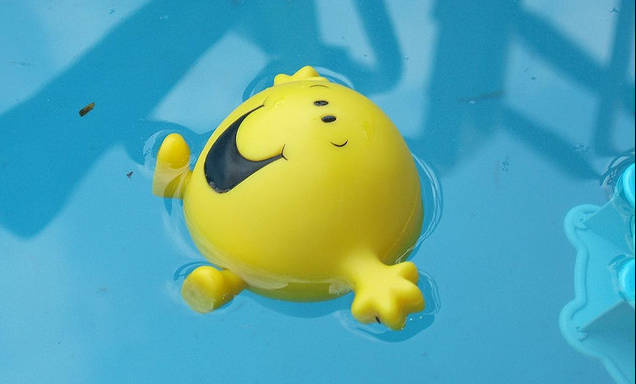The National Hazards Partnership have sent out warnings of high or very high pollen count, extreme temperatures and an elevated risk of wildfires over the next three days.
The Met Office have also issued a level two (alert and readiness) heatwave warning. The level two warning indicates a 60% or above probability that threshold temperatures for a heatwave will be exceeded.
Advice from IW agencies
Agencies on the Isle of Wight have also acted in sending out warning to residents.
Dr Jenifer Smith, Director of Public Health for the Isle of Wight says:
“Although heat waves are uncommon in England, heat can be dangerous and people should be aware of the risks. In case of a heatwave, make sure you look after your own health and that of your family. It is not just children who need special attention; be aware that elderly people are also at risk, and make sure they are being checked on regularly and everyone drinks plenty of water.”
Motorists should be prepared
Hampshire Constabulary join those offering advice to Islanders, suggesting motorists should be prepared if they’re caught out in the sun.
Police are warning drivers to carry plenty of bottled water in their vehicles in case they find themselves stranded while waiting for breakdown recovery, as well as sunscreen and other sun protection.
Sgt Darren Ord from Hampshire Constabulary’s Roads Policing Unit, said:
“Our advice when you break down is to not wait in your car but to wait for recovery from a safe distance. In this heat that leaves stranded motorists at risk of serious sunburn, dehydration and sunstroke so we’d advise everyone to make sure they’re prepared before setting off on their journey.
“In this weather cars can also be more at risk of overheating so the risk of breaking down is greater.
“Everyone should be checking their vehicle’s oil and water before setting off and ensure they know their roadside recovery numbers, should they break down. Don’t get caught out.”
Advice from the health service
The advice offered to Islanders is to:
Keep out of the heat
- If a heatwave is forecast, try and plan your day in a way that allows you to stay out of the heat.
- If you can, avoid going out in the hottest part of the day (11am – 3pm).
- If you can’t avoid strenuous outdoor activity, like sport, DIY, or gardening, keep it for cooler parts of the day, like early morning or evening.
- If you must go out, stay in the shade. Wear a hat and light, loose fitting clothes, preferably cotton. If you will be outside for some time, take plenty of water with you.
Stay cool
- A loose, cotton, damp cloth or scarf on the back of the neck, or spraying or splashing your face and the back of your neck with cold water several times a day can help keep you cool.
- Stay inside, in the coolest rooms in your home, as much as possible.
- Reduce heat from sunlight coming through the windows. External shading, e.g. shutters, is best. Metal blinds and dark curtains may absorb heat and make the room warmer – it is best to use pale curtains or reflective material.
- Keep windows closed while the room is cooler than it is outside. Open them when the temperature inside rises, and at night for ventilation.
- If you are worried about security, at least open windows on the first floor and above.
- Indoor and outdoor plants will help keep your home cool due to evaporation and the shading from trees and bushes.
- Take cool showers or baths.
Drink regularly
- Drink regularly even if you do not feel thirsty – water or fruit juice are best.
- Try to avoid alcohol, tea and coffee. They make dehydration worse.
- Eat as you normally would. Try to eat more cold food, particularly salads and fruit, which contain water.
- Seek advice if you have any concerns
- Contact your doctor, a pharmacist or NHS 111 if you are worried about your health during a heatwave, especially if you are taking medication, if you feel unwell or have any unusual symptoms.
- Watch for cramp in your arms, legs or stomach, feelings of mild confusion, weakness or problems sleeping.
- If you have these symptoms, rest for several hours, keep cool and drink water or fruit juice. Seek medical advice if they get worse or don’t go away.
Image: Lee Jordan under CC BY 2.0




